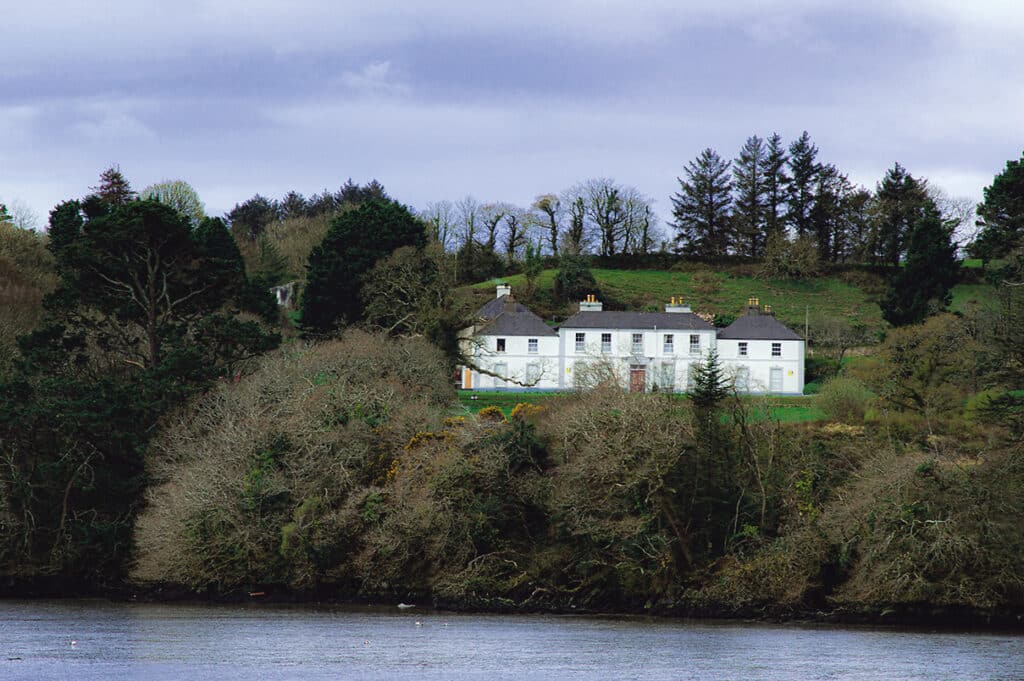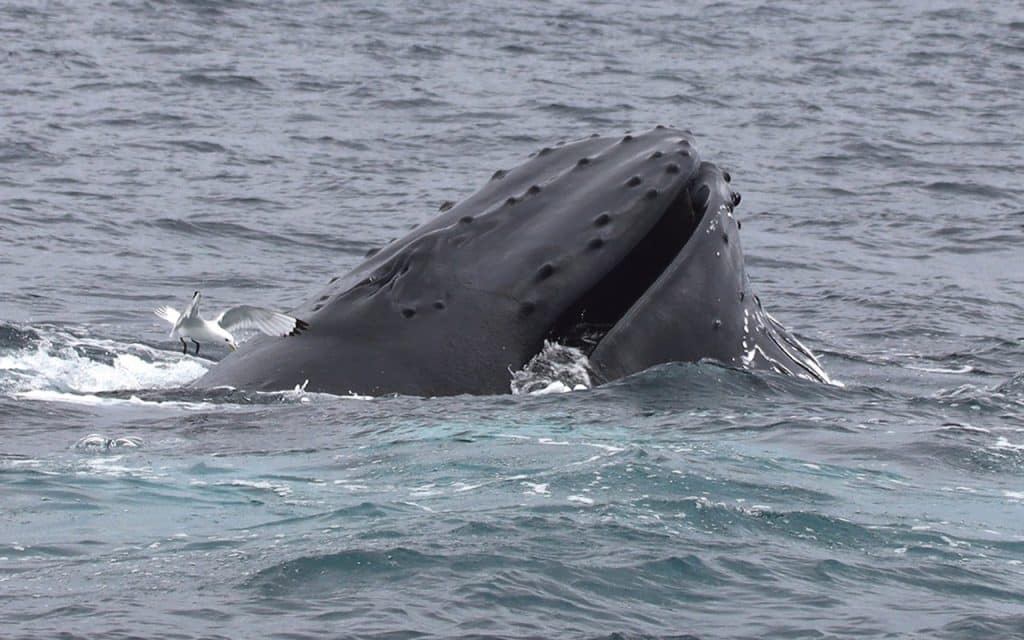The latest World Meteorological Organisation (WMO) Report forecasts that there is a 70 per cent chance the average temperature over the entire 2025-2029 period will be more than 1.5 degrees Celsius above pre-industrial levels. That means we will have to work extremely hard to meet the Paris accord and this requires countries to set and meet ambitious climate action plans, as well as working together to respond to the mass of evidence that climate change mitigation and climate change adaptation cannot be separated from work on environmental and species biodiversity. In West Cork, The Centre of Excellence for Climate Action and Sustainability (CECAS) run by Green Skibbereen and housed at Myross Wood House has been tackling both mitigation and adaptation at a community, national and international level. However Green Skibbereen’s licence to use Myross Wood House and surrounding land is now at risk. Fiona Hayes reports on a recent meeting that explored the future of CECAS and explains why it’s so important that the work of this organisation continues.

On August 26, a CECAS workshop exploring the future of CECAS was held at Myross Wood House. It attracted stakeholders interested in brainstorming possible solutions to the potential loss of Green Skibbereen’s licence to use Myross Wood House and surrounding land. The property is owned by the Missionaries of the Sacred Heart, who have, in recent weeks made the decision to withdraw from their assets in this region of the country and so will not renew the licence in June 2026.
The meeting explored pros and cons of solutions such as finding a new home comparable to Myross Wood House where the work could continue; or discovering the means to purchase the property, which may involve an investor or philanthropist.
Although no definitive answers dropped out of that first public meeting, it is clear that over the next 10 months a solution must be found in order to continue this vital work in West Cork.
The Irish EPA states that climate mitigation is about changing how we live, move, consume and manufacture so as to reduce and/or eliminate the production of harmful greenhouse gases: and it includes how we best use our land. Adaptation refers to dealing with the expected impacts of climate change and involves taking practical actions to manage risks, protect communities and strengthen the resilience of the economy.
CECAS was set up by Green Skibbereen – a not-for-profit company established in early 2020 – to facilitate a whole community approach to the challenge of moving to low carbon energy. Since its inception CECAS has run and hosted training courses, workshops, discussions and events with the aim of creating and nurturing regenerative rural communities. Staffed mainly by volunteers, they have created a community garden and restored much of the woodland and the historic building, whilst also creating a community of interest and enabling people to gain a variety of experience. Browsing through their social media platforms or website at cecas.ie quickly educates on the variety of activities they host.
Their work is admirable and demonstrates what can be achieved when a few highly-motivated and determined people focus on moving forwards rather than ringing their hands in dismay and stating that climate change and biodiversity loss is outside their sphere of influence.
Not ignoring the wider impact that corporations and governments have on our ability to combat climate change, CECAS have engaged at international level with Interreg Northern Periphery and Arctic, an EU funding programme supporting cooperation between remote and sparsely populated communities in northern Europe.
CECAS has been chosen as one of four working partners in a Programme called ‘Forestcarbovision’. The other partners are the Finnish Environment Agency (LUKE) the Oulu University of Applied Science in Finland and the Icelandic Environment Agency.
The project will run for three years from May 2026 and initially will be developing and testing methods of measuring carbon capture but will also be training local volunteers and agencies in this. Green Skibbereen will be involving stakeholders in forestry, climate change mitigation and environmental action in giving feedback on the project. At least one partner meeting will be hosted by CECAS and will be open to local stakeholders.
The project helps communities fight climate change by improving forest carbon farming. They are working to create the tools needed for landowners and policymakers to measure carbon capture accurately. This will enable landowners to be paid for carbon credits by corporations who need to offset their carbon footprint. Purchasing carbon credits is a way for businesses to address emissions that they are unable to eliminate. They are vital to businesses sustainability measures and an essential toolkit in supporting landowners and local communities in restoring nature and sequestering carbon.
Most of us know that as individuals we can improve the environment and protect biodiversity by choosing plastic-free products wherever possible; by walking, cycling or taking public transport; by switching to green energy provision and so forth.
What many of us don’t realise is that by supporting projects such as CECAS, we are not only enabling the teaching of climate adaptation activities in our communities but are also developing methods of ensuring that government policy facilitates climate mitigation and biodiversity projects.
A robust policy government on sustainable reforesting will be greatly enhanced by developing tools that measure carbon sequestering in a way that ensures that carbon heavy corporations pay for the work that is needed to offset their carbon footprint.
The international project that CECAS is working on will increase reforesting, reduce carbon emissions, and support sustainable practices to protect nature. It will support local communities, landowners, environmental agencies, and policymakers in creating and implementing the solutions to living through climate change, including protecting species biodiversity.
This is work vital to our future.
Please go to cecas.ie to find out much more about the many projects and community events that are run and hosted by CECAS. I encourage you particularly to explore the Blog, which tells the story from the perspective of volunteers who have all spent time bringing this project alive and creating potential for the future.
Please also spread the word so that any possible solution arising can be discussed with Green Skibbereen. In the meantime, the activities will continue as normal whilst a solution is sought.The video on cecas.ie/support-us gives the views of some of the people and volunteers who take part in some of the community-based activities.



